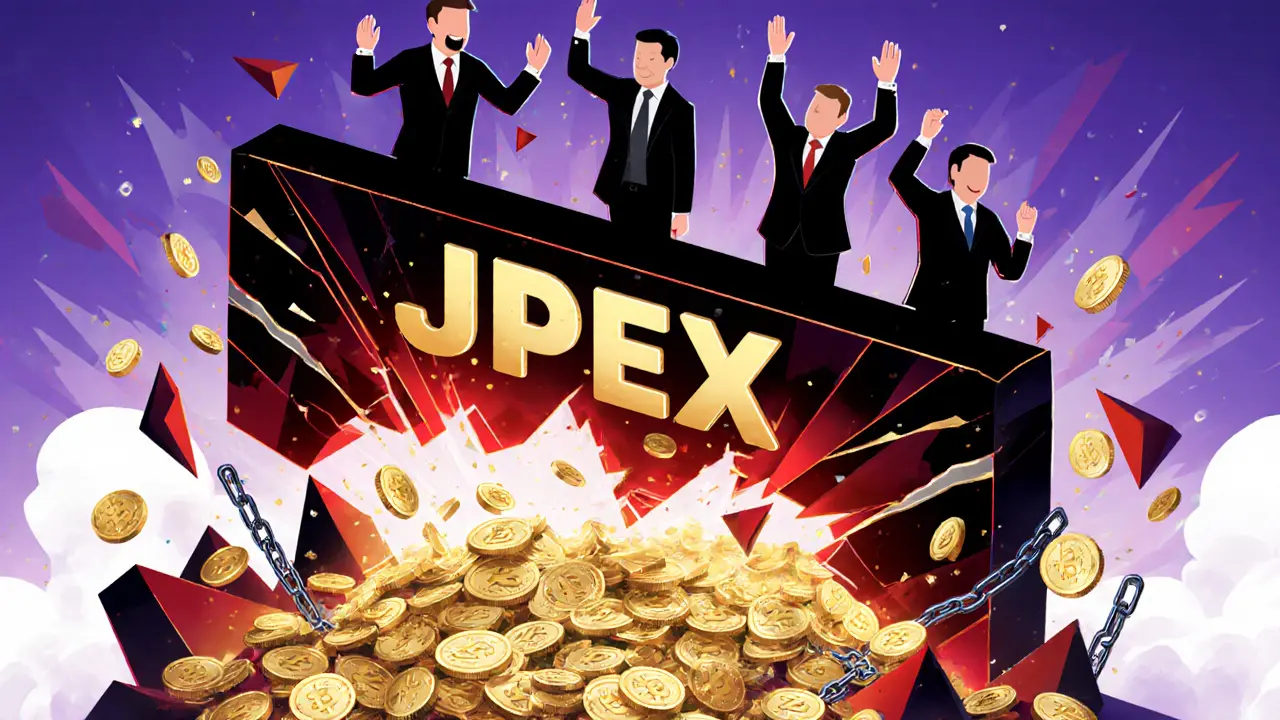Unlicensed Crypto Platform: Risks, Scams, and How to Stay Safe
When you hear the term unlicensed crypto platform, a cryptocurrency service operating without legal authorization or oversight. Also known as unregulated crypto exchange, it’s often a front for theft, exit scams, or fake airdrops. These platforms pop up overnight, promise crazy returns, and vanish before you can withdraw your funds. They don’t answer to any government, bank, or watchdog. That’s not freedom—it’s a free-for-all for criminals.
Most crypto exchange scam, a fraudulent trading platform designed to steal user deposits look real. They copy logos from Binance or Coinbase, use fake testimonials, and even hire actors to pretend they’re customer support. Look at GoodExchange or XeggeX—both had slick websites, zero regulatory records, and shut down after users lost everything. These aren’t outliers. They’re the rule. And they’re everywhere. You’ll find them in Facebook groups, Telegram channels, and even Google ads. If a platform doesn’t list its license number, jurisdiction, or legal team, it’s not trustworthy. Even if it says "regulated," check the official regulator’s website. If it’s not there, it’s fake.
Why do people fall for this? Because they’re chasing free tokens. Airdrops like ANTEX or APENFT get real attention—but so do fake ones like CDONK or EVA. Scammers use those names to trick you into connecting your wallet. Once you sign a malicious approval, they drain your crypto. The same goes for high-leverage platforms like Superp or BloFin—if they’re not licensed in your country, you have zero legal protection. No insurance. No chargebacks. No recourse. Even if they offer 10,000x leverage or "no liquidations," it’s just bait. The real risk isn’t the market—it’s the platform itself.
Regulation isn’t boring—it’s your safety net. Countries like Nigeria and Pakistan now require crypto exchanges to get licenses. Qatar bans trading but allows tokenized real estate. And places like the U.S. and EU require KYC, audits, and fund segregation. An unlicensed crypto platform skips all of it. That’s not innovation. It’s negligence dressed up as disruption. The posts below show you exactly how these scams work, which platforms got shut down, and how to spot the red flags before you lose money. You won’t find fluff here. Just real cases, real losses, and real ways to protect yourself.
JPEX Crypto Platform Review: The Scandal That Shook Hong Kong's Crypto Scene
JPEX was a crypto exchange that promised high returns but turned out to be Hong Kong's largest crypto fraud. Learn how it operated, why it collapsed, and how to avoid similar scams.
learn more